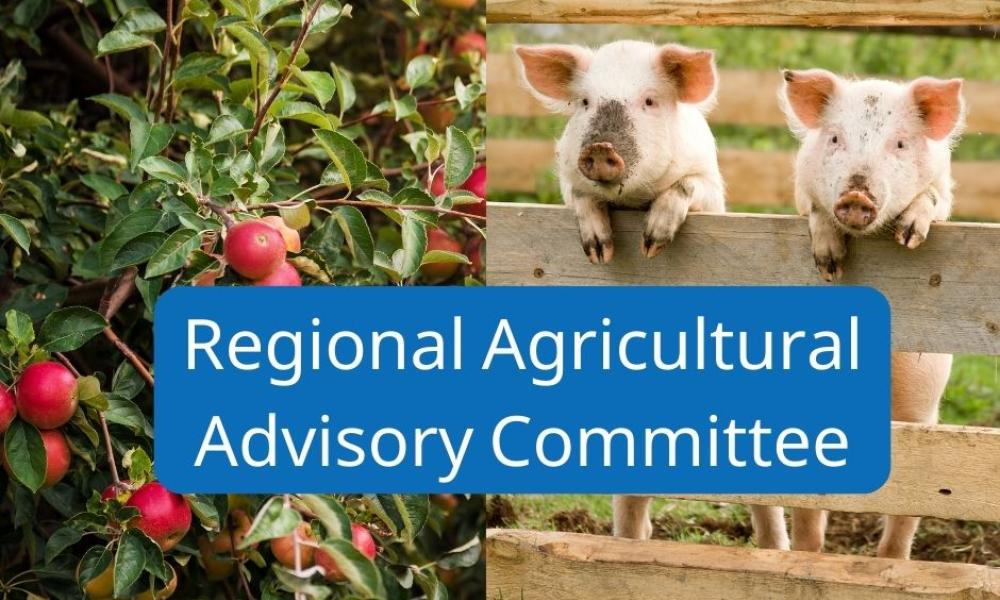Agriculture has played a significant role in the history, growth and development of the North Okanagan and continues to contribute significantly to the economy and identity of the region.
The Board of Directors endorsed the Regional Agricultural Plan in 2015. This plan provides strategies and a policy framework that focuses on seven priorities:
- Protecting farmland and farmers
- Strengthening the local agricultural economy
- Encouraging sustainable agricultural practices
- Managing clean and accessible water
- Ensuring farmland availability for emerging farmers
- Creating supportive government policies and regulations
- Raising awareness and education
Living in Agriculture
New rural residents might not understand what farming activities can occur in an agricultural community, and farmers might not understand how these new residents perceive the rural lifestyle. The Township of Spallumcheen has developed the “Living In An Agricultural Community” brochure which addresses common challenges encountered between residential and agricultural producers (noise, fencing, odours, right to farm act)
Township of Spallumcheen: Living in An Agricultural Community
Farm Practices in B.C. Reference Guide
Disputes/Complaints
If you believe the Farm Practices Protection (Right to Farm) Act is being contravened, please contact the BC Farm Industry Review Board (BCFIRB).
The Province has produced a brochure titled Good Neighbour Farming: A Farmer's Guide to Mitigating Common Nuisance Complaints and B.C.'s Farm Practices Protection (Right to Farm) Act. The ministry’s Good Neighbour Farming booklet is a farmer’s guide for understanding common nuisance concerns, how to engage with non-farming neighbours and exploring B.C.’s Farm Practices Protection (Right to Farm) Act.
Premises Identification (ID)
The Premises ID program through the Ministry of Agriculture, Food and Fisheries is mandatory in 2022. Premises ID is a way of linking livestock and poultry to geographic locations. Premises ID information is used to respond to animal disease or natural disaster emergencies affecting livestock. Any premises where one or more livestock animals or poultry are kept should be registered with the Premises ID program. Please visit the Provincial Premises ID Website for more information and to register.
Support Organizations
Regional Agricultural Advisory Committee - Accepting Applications

The Committee’s duties are to advise the Board of Directors on matters related to agricultural land use and community planning matters affecting agriculture. The members serve a two year term and the Committee typically meets one evening per month.

